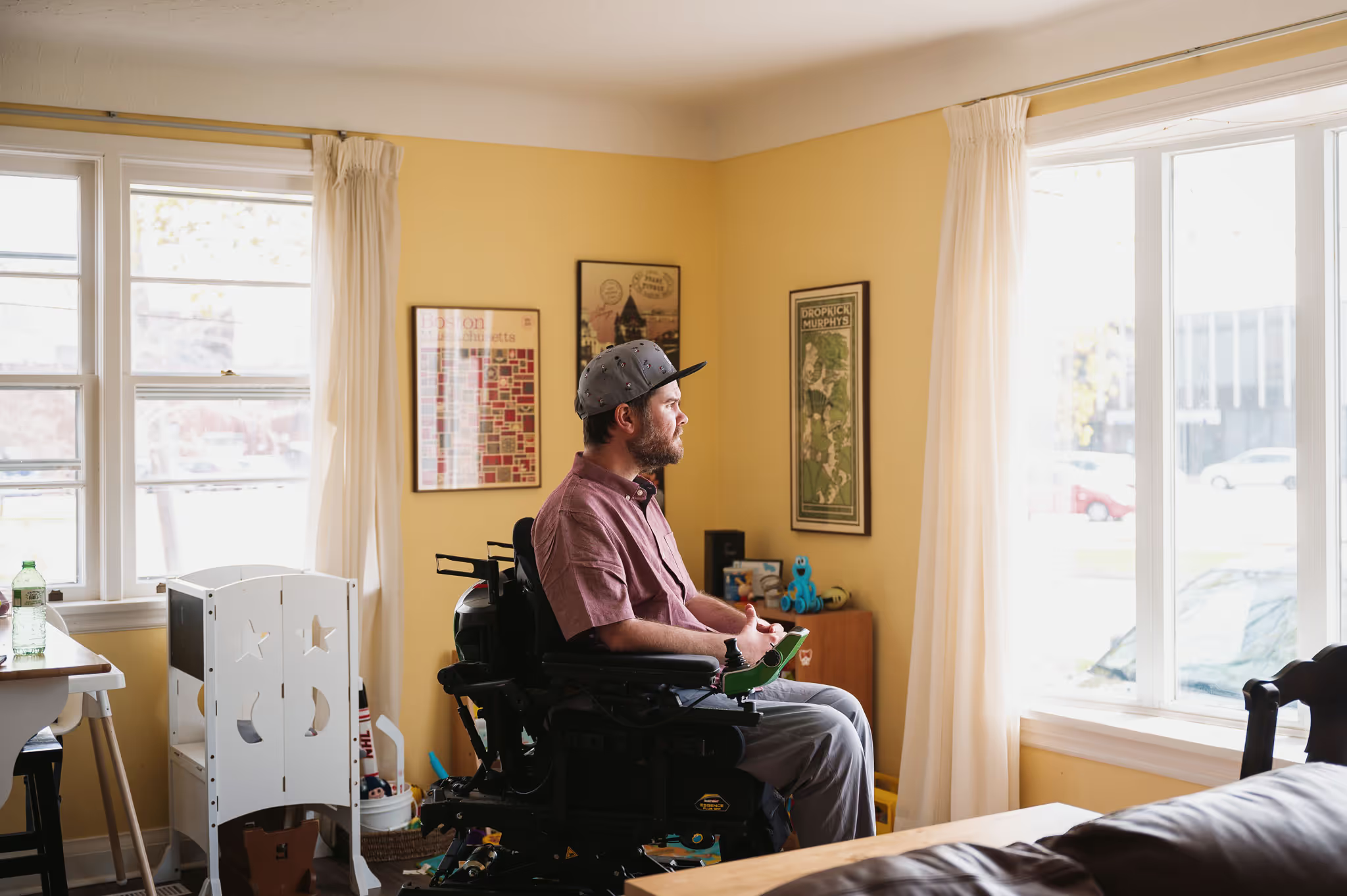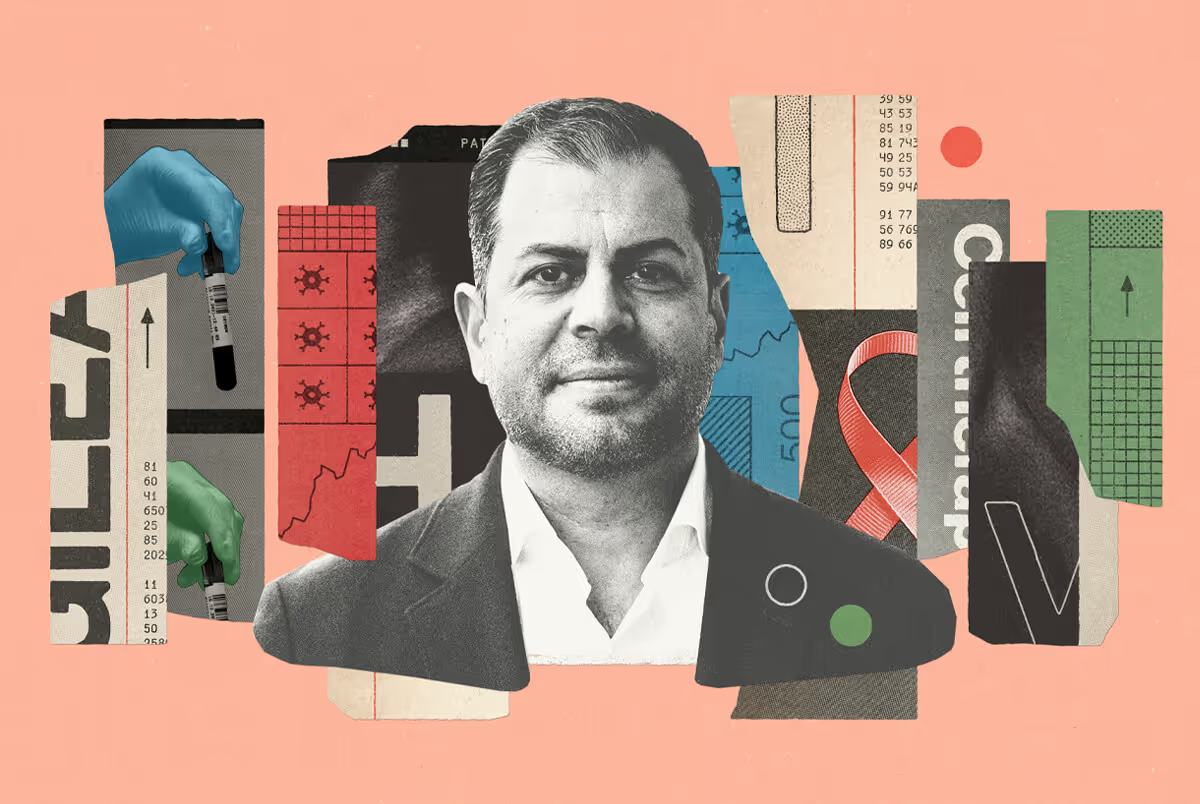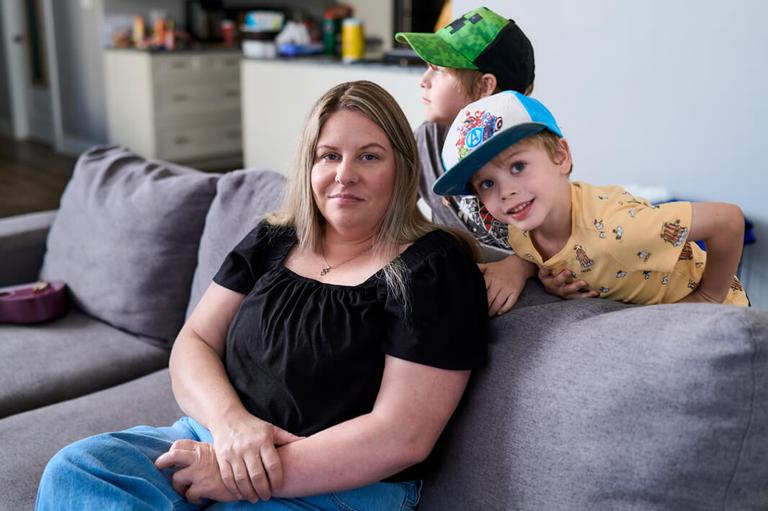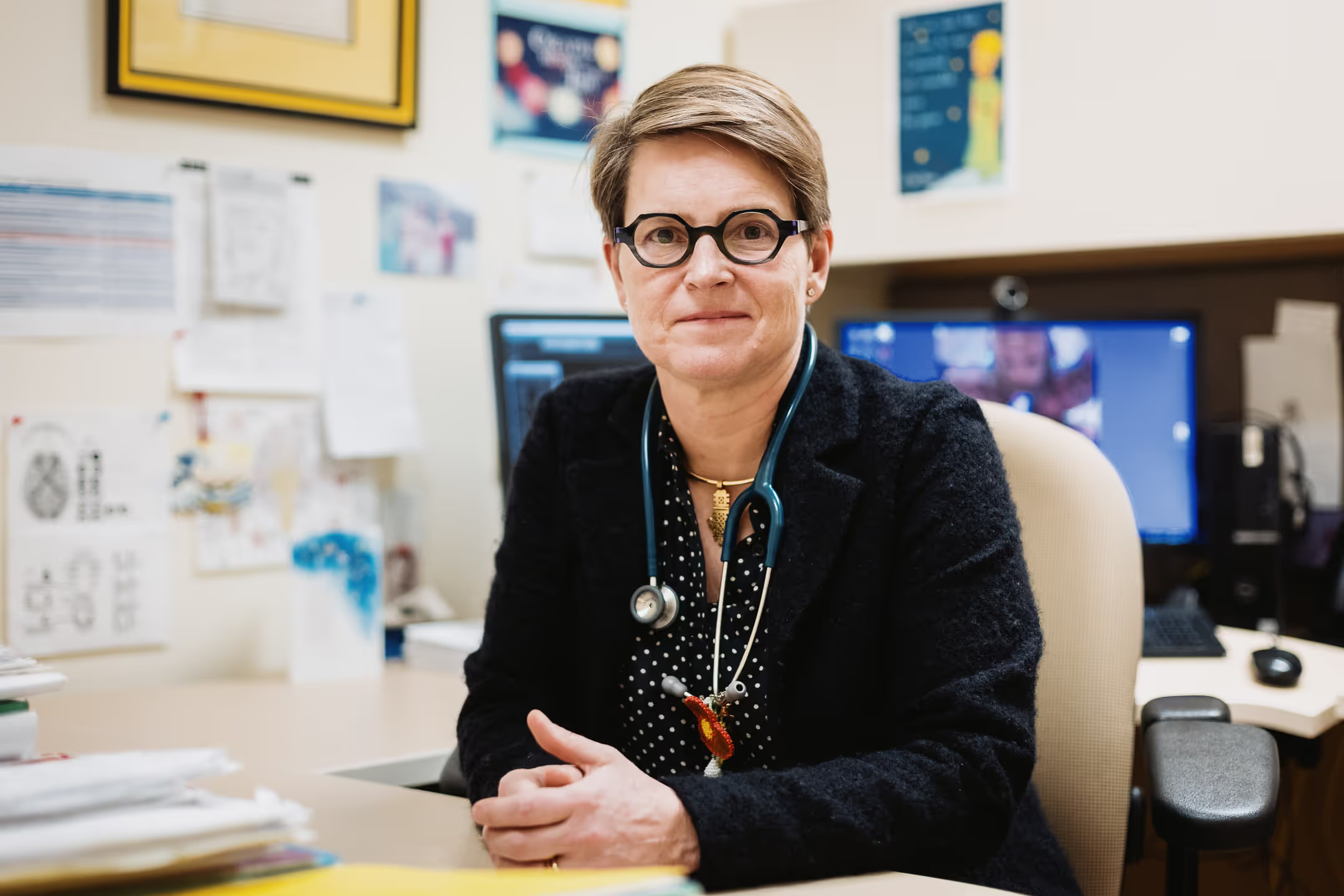“I was an athletic 13-year-old kid when I first saw a neurologist for what would eventually be confirmed as type III spinal muscular atrophy (SMA). The doctor handed me a pamphlet covered with photographs of kids — kids younger than me — in wheelchairs. It was an impossible image to wrap my head around. Sports were soon a thing of the past. By grade 10, I was walking with a cane.
But I knew that I had to keep moving forward. I was fortunate that my disease didn’t progress too quickly, at least compared to others with SMA. I was able to attend university. I found a career in design that I was passionate about. Part of the decision, of course, was that this was work I’d still be able to do as my mobility decreased.
“The doctor handed me a pamphlet covered with photographs of kids — kids younger than me — in wheelchairs.”
I made myself a life and, for a while, things were going really well for me. I was relatively independent. I had a job. I had a girlfriend. I had a great support network in my family and friends. I was needing to use a wheelchair more often, but I was still ambulatory for short distances. And then I broke my leg, and my SMA journey took a real turn for the worse.
It was only six months into our relationship and suddenly my girlfriend, Sydney, was confronted with this new version of me where I couldn’t get to the shower on my own, couldn’t get to the bathroom on my own, and wasn’t realistically going to be walking independently ever again. I was sure she was going to bolt. I understood it.
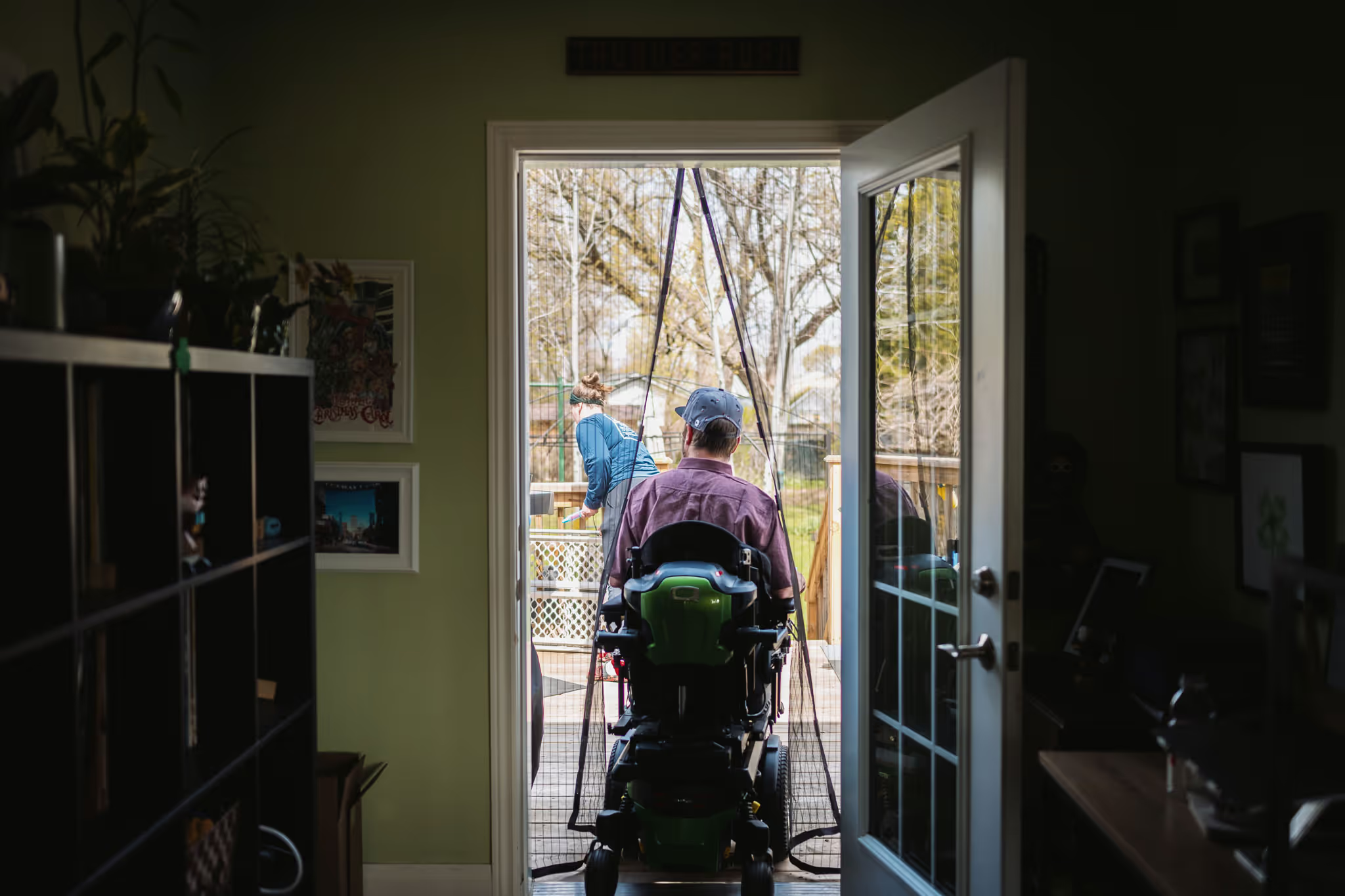
Instead, she just completely stepped up. Caregiving fit into our relationship so naturally. A lot of people don’t realize that every relationship involves caregiving in some capacity. It’s very clear where the caregiving is in our relationship and I think that helps us in a way. It’s out in the open. We talk about it all the time.
And here we are five years later, married, and new parents to an amazing little boy.
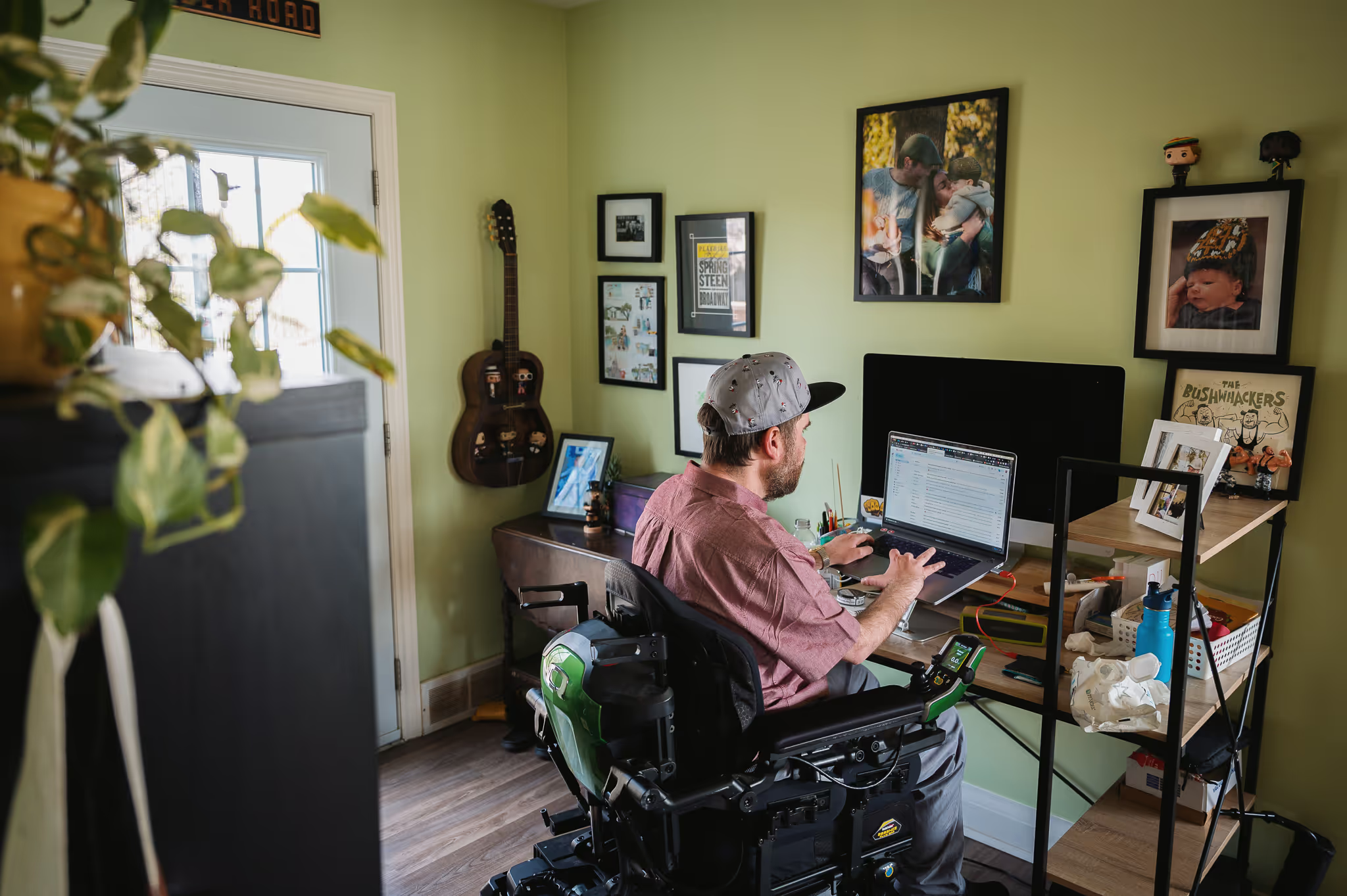
Sydney and I knew from the moment we got engaged that we wanted exactly one child. And, because my spinal muscular atrophy (SMA) is heritable, that journey started with genetic testing. We weren’t quite sure what our path was going to look like if Sydney’s results had revealed she was a carrier for the gene. Fortunately, it turned out that she’s not a carrier, so the chances of our baby having SMA were basically zero.
Pregnancy was another adventure. We were fortunate that it was complication-free. But, even still, as Sydney’s body was changing, there were things she could no longer do. She couldn’t lift or transfer me in certain ways anymore, and we had to adapt and learn new ways to do a lot of things. It was an interesting nine months. I discovered a lot of resourcefulness in myself, figuring out new ways I could do things on my own, new ways to make myself useful. These are skills that absolutely continued to come in handy once the baby arrived.
Now that our son is here, my thoughts are always on the future. There’s so much I want to share with him. I'm a massive vinyl collector and music lover, for example. From day one, I started buying him Raffi records, and now he’s at the point where he’ll go to the shelf, grab a record, and bring it over to the record player for us to play. I can’t wait until he’s older and comes to me for the first time saying, ‘Dad, I found this really cool band. Have you heard of them?’
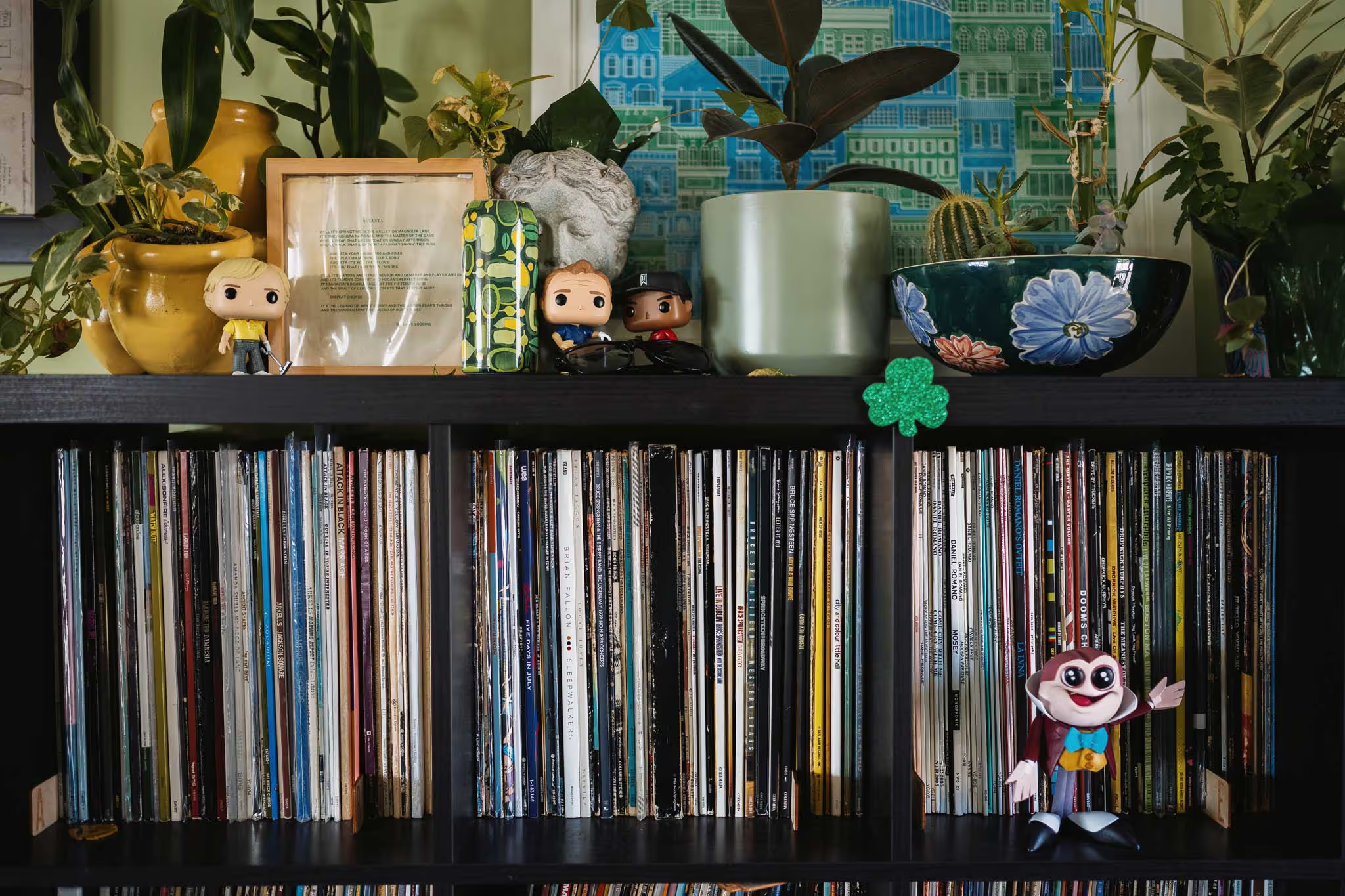
At the same time as my son is reaching new milestones, though, I’m always in danger of losing more of my own function. There’s no denying that this is a progressive disease, and it’s very difficult to get access to treatment. There are only a handful of Type III patients in the province who have been approved. But time is of the essence here. The earlier treatment begins, the more function I could potentially retain for longer. And the more function I retain, the more I’ll be able to do with my son. That’s the lens through which I see everything now.”
